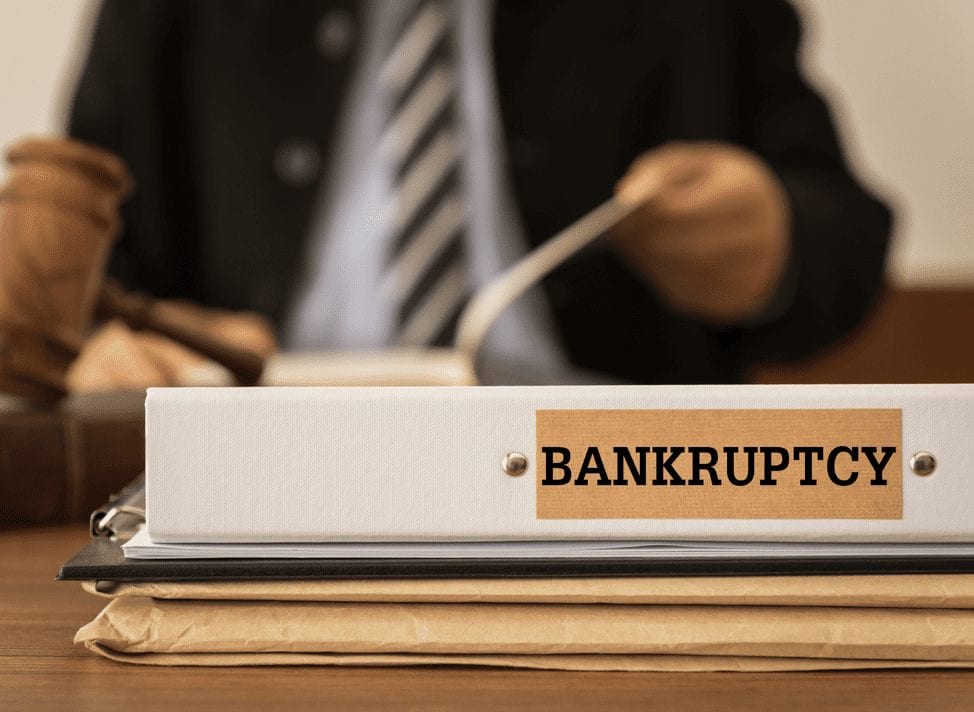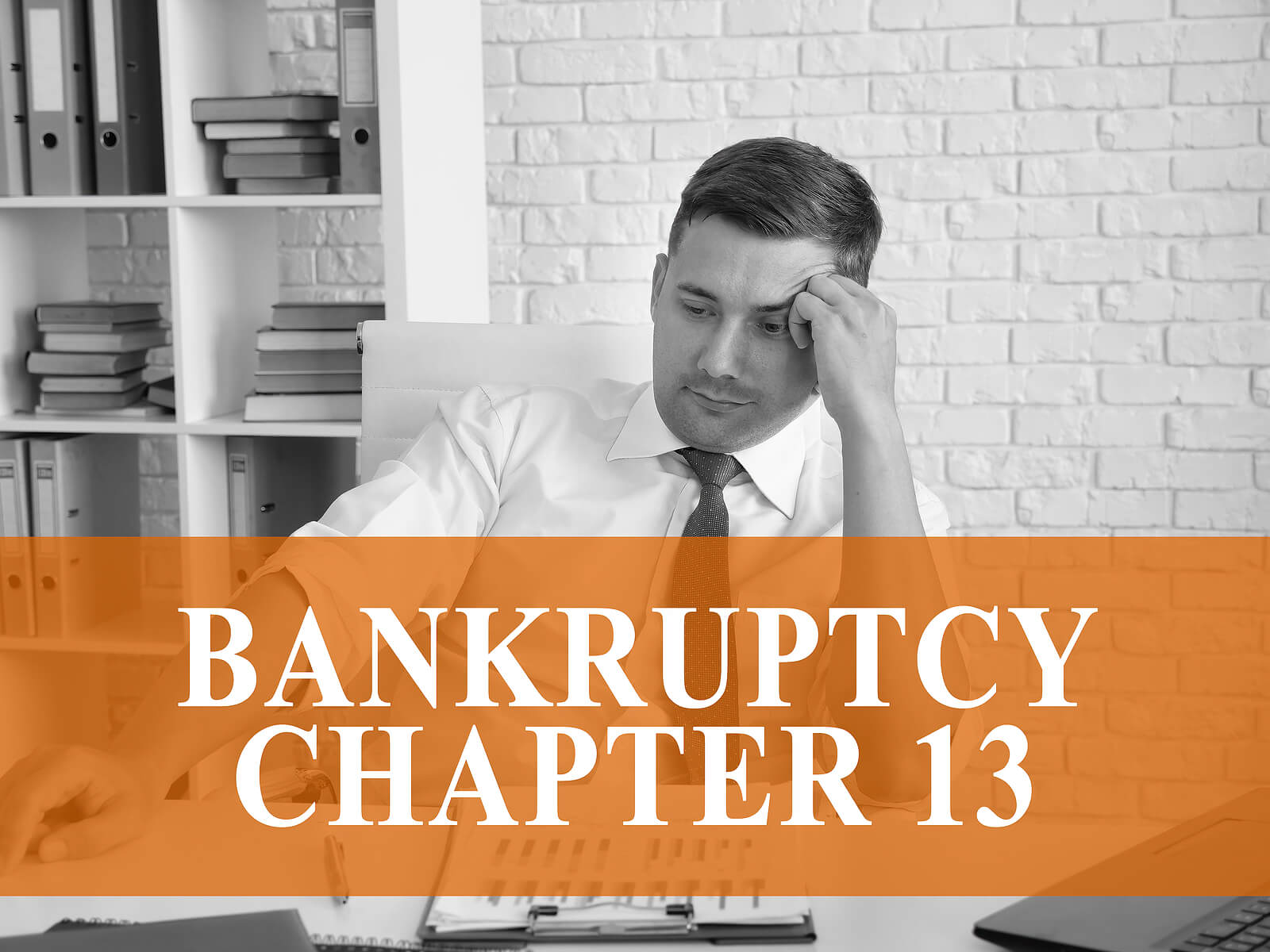The Employment Retirement Income Security Act of 1974 (ERISA) protects qualifying private company pensions. In 2005, Congress overhauled bankruptcy laws so that now almost all ERISA-qualified retirement accounts and pension funds cannot be accessed by creditors. However, there are exceptions, and state exemptions may apply to your property, so it’s important to consult a Los Angeles bankruptcy attorney for guidance and retirement help.
If you have any of the following retirement accounts, exemption amounts are unlimited. This means you can protect everything in your:
- 401(k)
- 403(b)
- Keoghs
- Profit sharing plan
- Money purchase plan
- Defined benefit plan
- IRA
There are limitations with IRAs and Roth IRAs. Up to $1,283,025 is exempt from creditors (as of the last there-year adjustment in 2016), so the bankruptcy court cannot touch your money. If your account has any more than this, you may be forced to use the excess to pay off your debt.
Does the Type of Bankruptcy Affect My Savings?
If you file for Chapter 7 bankruptcy, your retirement funds are protected, despite the fact you give up property. Chapter 13 bankruptcy is similar; the balance in your retirement accounts is safe and won’t affect the amount you owe in a three- to five-year repayment plan.
However, withdrawn retirement benefits are not exempt from creditors. That’s because benefits are paid as income. In a Chapter 7 bankruptcy, this can affect the Chapter 7 means test qualification, as your monthly pension or retirement benefit payments will be factored in. What you need for support won’t be taken, but the bankruptcy court can take funds above that limit. When you file for Chapter 13 bankruptcy, your retirement income will help determine the portion of your unsecured debts to repay.
What About Social Security?
If you receive Social Security payments, they are safe until you deposit them into your bank account. At that point, you may be required to relinquish those funds to creditors. To avoid being forced to use your Social Security money, keep those deposits in a separate account along with other funds. Commingling different funds makes your payments harder to trace and less likely a bankruptcy court will take them.
Will I Lose My Pension?
If your pension qualifies under the ERISA, no. These include private company pensions. Non-qualifying pensions include those from the government, non-profit organizations, and churches, as well as partnerships and tax-exempt organizations. However, these may meet other requirements of the Internal Revenue Service, so it’s important to be diligent in figuring out what qualifies and what doesn’t.
The Internal Revenue Code is complex. Your Orange County bankruptcy attorney can use their knowledge and experience to determine what assets are protected in your bankruptcy case. For example, some annuities are protected; others are not. If annuity payments begin when you turn 65, the annuity will be protected, but one set up to pay lottery winnings will not be.
On the other hand, you can use retirement accounts to pay off your debts. You may be tempted to attempt this earlier. The drawback is there are tax penalties for withdrawing 401(k) and IRA funds before you turn 59 and a half.
OakTree Law Can Help Protect Your Retirement Accounts
If bankruptcy is your only option, our Los Angeles bankruptcy attorney can assist with your case to consider the best options. OakTree Law will be there when important decisions need to be made and you need retirement help. To learn more, request a free evaluation online or call us at 562-219-2979 today.







